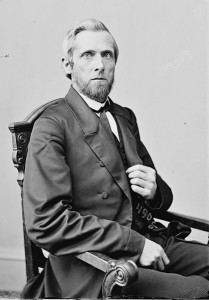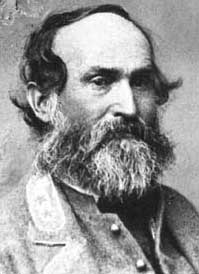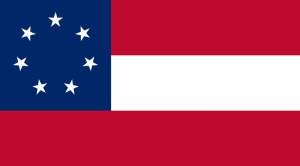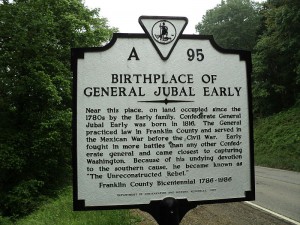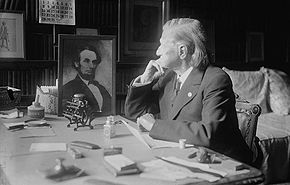Since mid-February 1861 the Virginia secession convention has been meeting at the Mechanics’ Institute in Richmond. No final decisions have been made. On March 20, 1861 The New-York Times published an update (The New York Times Archive):
THE VIRGINIA STATE CONVENTION.; EXCITING TIMES IN RICHMOND.
RICHMOND, Tuesday, March 19.
The Committee on Federal Relations to day reported the proposed amendments to the Constitution. It is FRANKLIN’s substitute changed by using the expression “involuntary servitude” in place of “person held to slavery.” The rights of owners are not to be impaired by Congressional or Territorial law or the preexisting law of Mexico. In territory hereafter acquired, involuntary servitude, except for crime, is prohibited north of 36° 30, but shall not be prohibited by Congress or any Territorial Legislature south of that line. In the third section there are verbal alterations for the somewhat better security of property transitu. The fifth section prohibits the importation of slaves from places beyond the limits of the United States. The sixth section makes verbal charges in relation to remuneraton for fugitives by Congress, and excises the clause relative during privileges and immunities. The seventh section forbids the elective franchise and the right to hold office to persons of African race. The eighth says none of these amendments nor the third paragraph of the second section of the first article of the Constitution, nor third paragraph of the second section of second article thereof, shall be amended or abolished without the consent of all the States.
The taxation question was up and debated, but no action taken.
Mr. RANDOLPH concluded his speech.
A call, circulated in Richmond (Va.) late in the afternoon of March 15, attracted an immense crowd of Union-loving citizens to the Metropolitan Hall. Addresses were made by Major J.A. EARLY, W.P. WILLEY, GEO. W. BRENT and MARMADUKE JOHNSON, delegates to the State Convention. Great enthusiasm was manifested.
On the same evening the African Church was thronged by secessionists, assembled to listen to an address from the Hon. R.A. PRYOR. He made an ultra Southern speech, advocating secession, immediate, absolute and eternal. Mr. LINCOLN he characterized as a “misshapen ape, occupying the pedestal where once stood the proud WASHINGTON” He declared that he would rather be dragged at the tail of South Carolina than led in chains after the triumphal car of Massachusetts. Much excitement was created during his speech by the advent of 300 delegates from Petersburg, bearing the banner of the C.S.A.
It is said that when the Virginia secession convention started most of its delegates were pro-Union (Encyclopedia Virginia). Here the Federal Relations Committee wants to amend the U.S. Constitution to give more protections to slavery. Slavery cannot be prohibited south of the 36° 30 line; no Africans can vote or hold office; any one state by itself can veto any attempted changes to the slavery amendments. I guess that would make slave states more likely to stay in the Union.
Waitman Thomas Willey made the transition from Virginia U.S. senator to West Virginia U.S. senator in 1863.
As the sign indicates Jubal Early was born in Franklin County Virginia. He was a prosecutor in Franklin and Floyd counties in the 1840s.
Roger A. Pryor was a fiery secessionist who resigned his U.S. House seat the day before Lincoln was inaugurated. Once again it seems South Carolina “personifies” secession and Massachusetts represents the abolitionist North.

